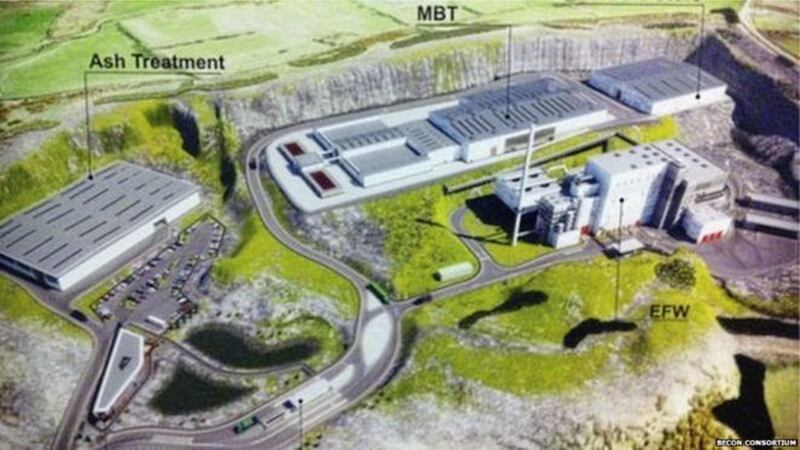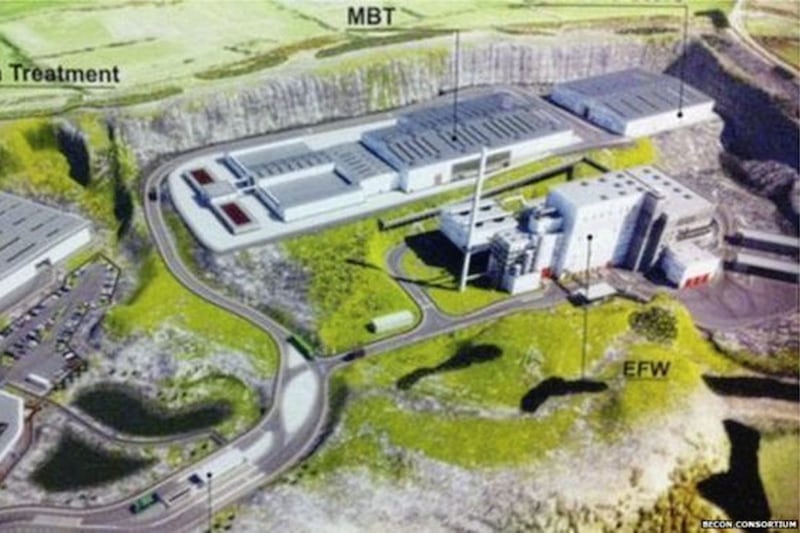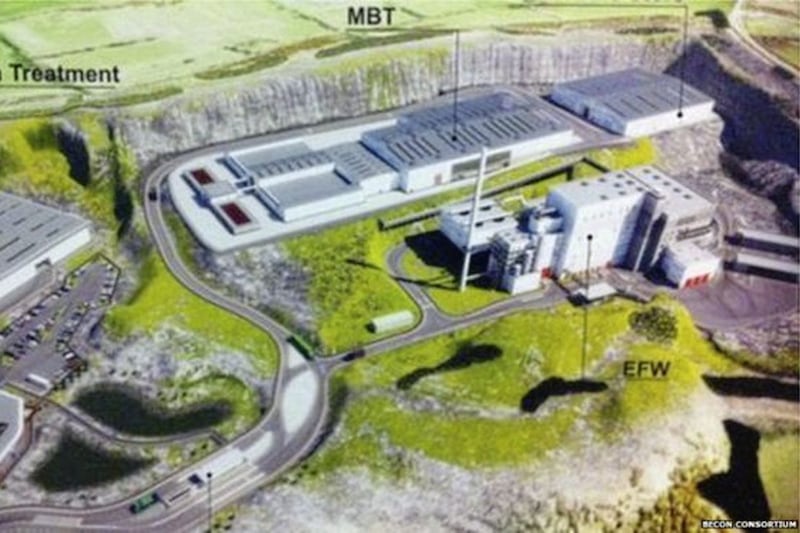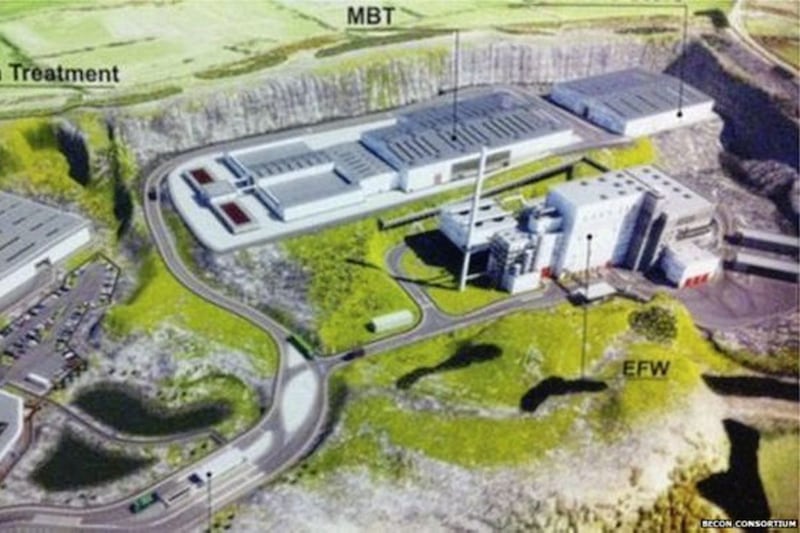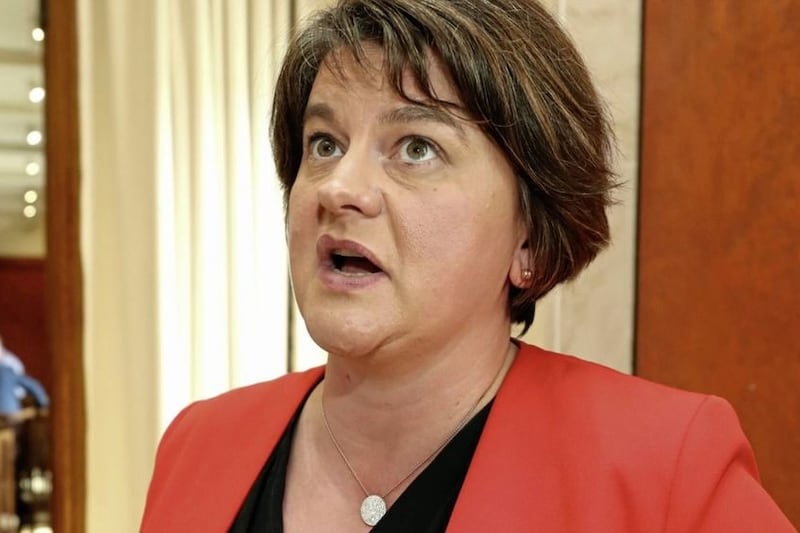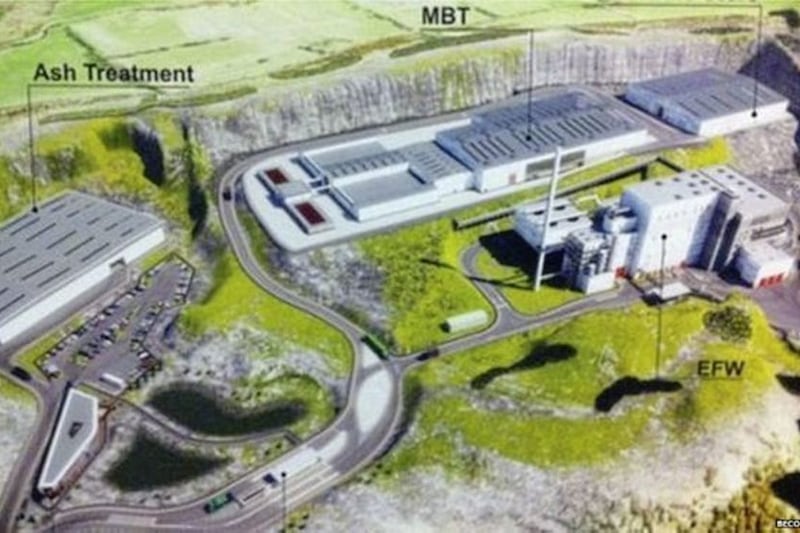THERE has been a broad political welcome for the High Court's ruling that planning approval for the controversial Hightown incinerator was unlawful.
However, Stormont's parties appear at odds on how the current vacuum in accountability can be filled.
The DUP's South Antrim MLA Pam Cameron praised the residents' campaign of opposition to the plant but noted the court ruling's "major implications for decision making in Northern Ireland".
"It shows that the lack of ministerial direction is unsustainable if we are to have significant decisions taken that affect the lives of people in Northern Ireland," she said.
Ms Cameron called on the British government "to put arrangements in place so that ministerial decisions can be properly taken".
Sinn Féin MLA Declan Kearney claimed the incinerator proposal was flawed and "never in the public interest".
"The court’s verdict also points up the need to restore genuine power-sharing political institutions in the north which deliver for all on the basis of equality and need," he said.
"That requires the two governments to recall the British Irish Intergovernmental Conference to deal with the equality issues at the centre of the current political impasse."
His sentiments were echoed by SDLP leader Colum Eastwood.
"With the validity of decisions made by civil servants now being called into question it is clear that ministerial accountability is needed," he said.
"The SDLP proposal to convene the British Irish Intergovernmental Conference so that the decks can be cleared and Stormont can get back to work must be immediately acted on."
Ulster Unionist Steve Aiken claimed the incinerator decision highlighted the need for a review of the north's energy strategy.
"Mrs Justice Keegan has given a suitable brake on any further ARC21 development – we should now, before we create another £240m RHI-like debacle, ensure that the Hightown incinerator is given the swiftest burial possible," he said.
Green Party leader Steven Agnew said court's decision further highlighted the need for the restoration of devolution.
"I would say that civil servants are cautious by nature, but in the absence of an executive, we need cohesive government and clear decision-making processes," he said.
TUV leader Jim Allister called for the imposition of direct rule.
"Government can come from only one of two places – Stormont or Westminster – and Stormont is clearly inoperable," he said.
Kirsty McManus of the Institute of Directors in Northern Ireland said its members are concerned about a lack of political leadership.
"Our politicians need to get back around the table, then back to work," she said.
Colm Bradley, director of planning advice body Community Places, which provided advice to residents opposed to the incinerator said: "Without the determination of all the residents concerned about this incinerator proposal the absence of democratic accountability would have continued unabated."
